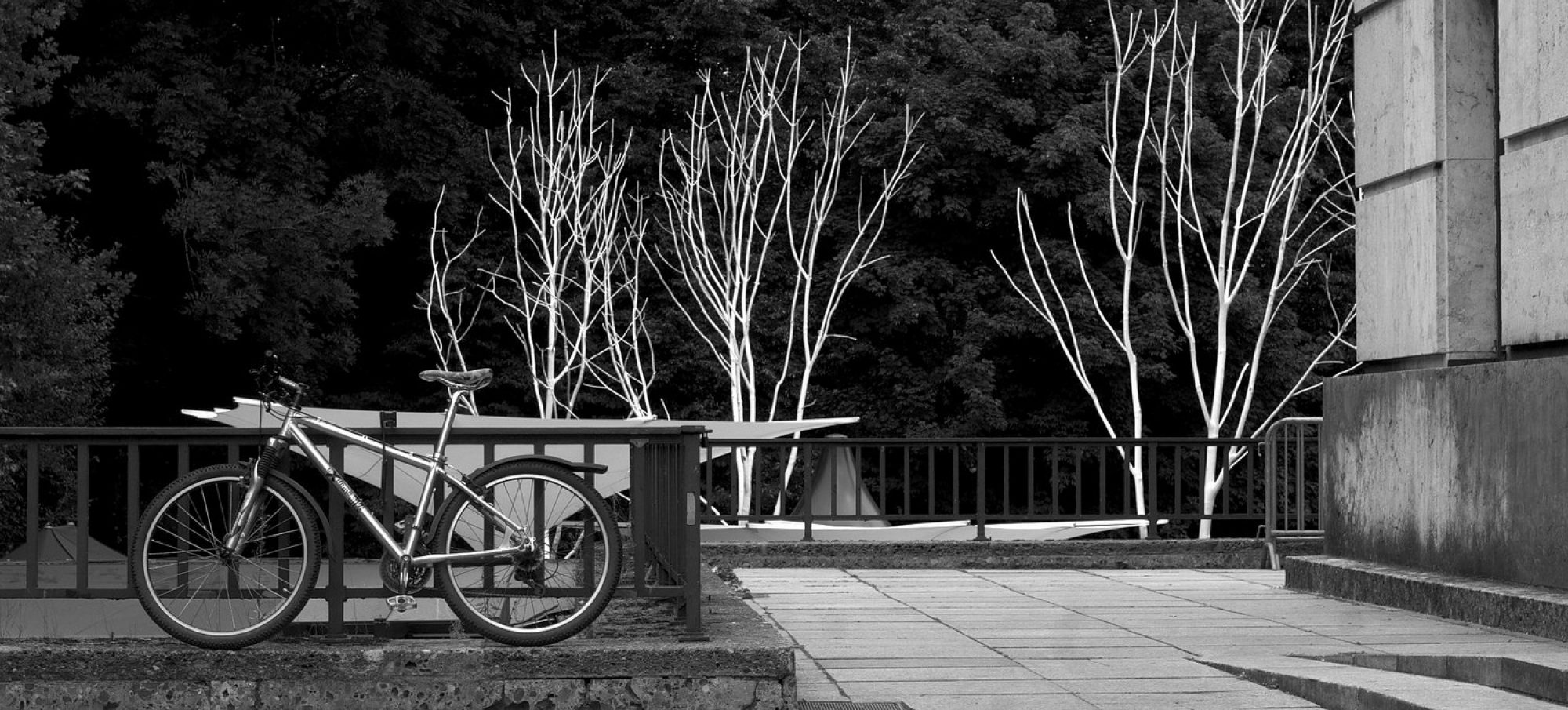I think my research supervisor‘s optimism is contagious. Last Tuesday, I returned home to discover my laptop wouldn’t boot. After a couple of hours of trying to coax it back to life, at around 2 am on Wednesday, I realized that the problem was that the hard drive was dead.
“Excellent,” I thought. “This is a great opportunity to put all my (user) data on ZFS and try a new data back-up strategy! And a new hard drive will be snappier because my data won’t be fragmented. It was also a good thing the hard drive made it so obvious it was dying, too, by not being able to boot — otherwise, how long would it have taken to notice my data was becoming corrupted? ” Those are probably not the first thoughts that spring to mind when faced with a broken hard drive. Then again, when I was an editor of the Trinity College yearbook, I also laughed off a fire that destroyed all three computers in our office about two weeks before our final submission deadline.
In each case, I’d probably have been a bit more panicked if I had thought I might have lost any important data. This is around the seventh unexpected data loss I’ve experienced; God and I are culpable for one case, each, the good folks at Microsoft are responsible for two, and hardware failure for the remainder. But between monotone and backing up to another machine ((In the event of simultaneous drive failure on that computer, I’d be a bit more worked up — at least until I finish implementing the rest of my strategy for backing up that I will describe in a few blog posts)), a dead hard drive proved to be little more than a pain in the neck.
On a related note, it’s probably my inner nerd (not that I have any shortage of outer nerd) that gets excited by empty hard drives. I think I’ve finally put my finger on why. An empty hard drive is a clean slate: anything is possible. It’s up to me, its user, to use the computer to its full potential.
MacBook Air II: 4 days lolcat-free and counting.
